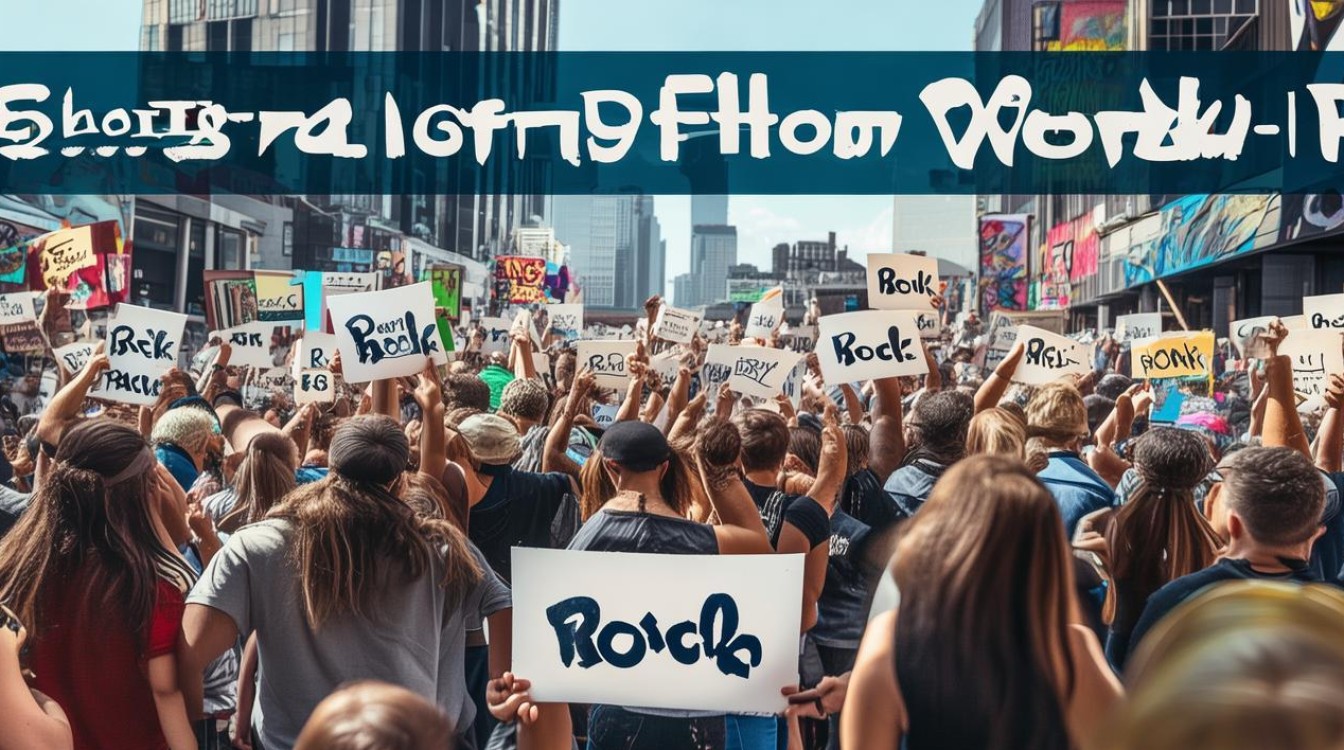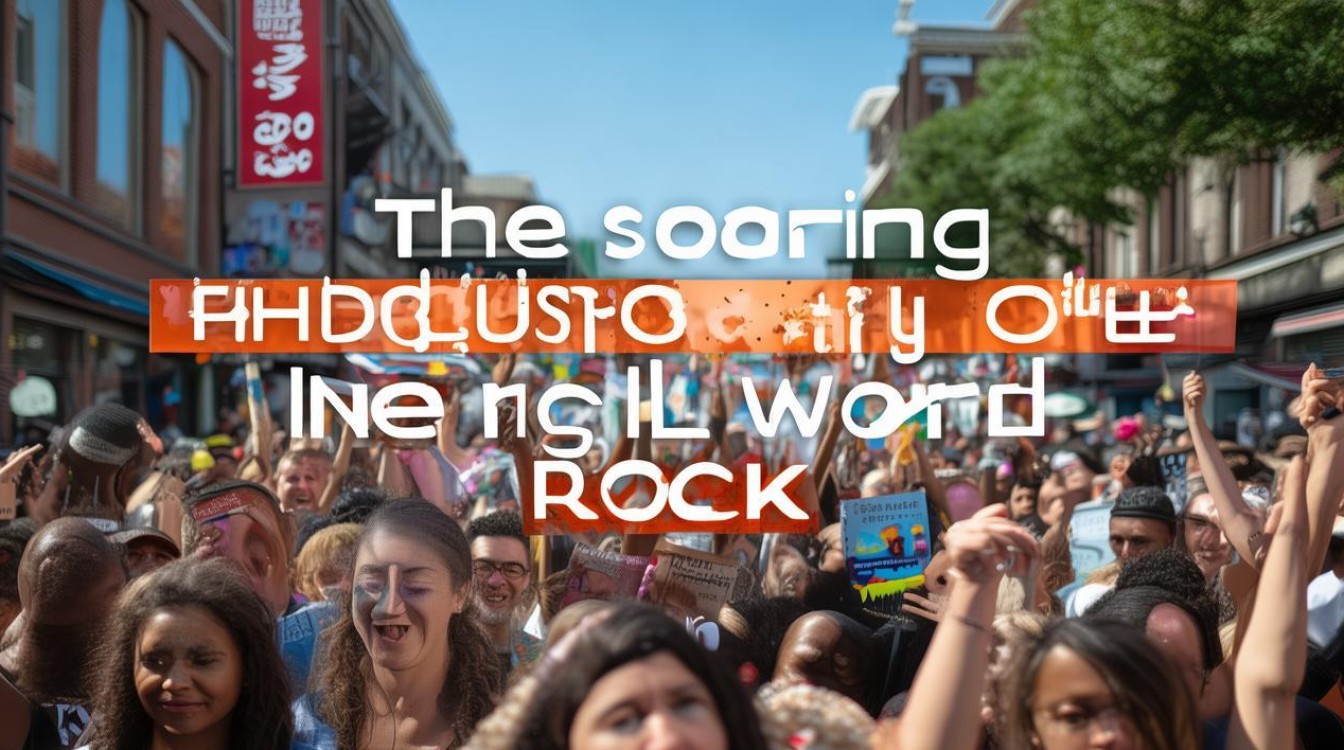The English language constantly evolves, with words shifting in meaning and usage over time. One term that has experienced a remarkable surge in relevance is "rock." Originally tied to geology and music, this versatile word now permeates multiple aspects of modern communication—from business jargon to digital slang.

From Stones to Stardom: The Evolution of "Rock"
Historically, "rock" referred to solid mineral matter—a foundational element of the Earth’s crust. Its durability and strength made it a metaphor for stability, leading to phrases like "rock-solid" or "the rock of the family."
Then came rock music. In the mid-20th century, "rock 'n' roll" revolutionized culture, turning the word into a symbol of rebellion, energy, and artistic expression. Bands like The Beatles, Led Zeppelin, and Queen cemented "rock" as a genre-defining term.
But the word didn’t stop there.

"Rock" in Modern Vernacular: A Lexical Powerhouse
Today, "rock" has expanded far beyond its original meanings. Here’s how it dominates contemporary language:
Business & Leadership
In corporate settings, "rockstar" describes high-performing employees—those who excel under pressure. A "rockstar team" implies unparalleled talent, while "rocking a presentation" means delivering flawlessly.
Digital & Slang Usage
Online, "rock" conveys mastery or approval:

- "You rock!" → A compliment for exceptional performance.
- "Rocking the trend" → Leading or excelling in a style.
- "Rock bottom" → A low point, yet still tied to resilience.
Gaming & Pop Culture
Video games like Rock Band and Fortnite (with its "Rock Out" emote) reinforce the word’s energetic connotations. Meanwhile, phrases like "face like a rock" (stoic) or "rocking the boat" (causing disruption) remain prevalent.
Why "Rock" Endures: Universality & Adaptability
Few words straddle so many domains effortlessly. "Rock" succeeds because:
- It’s visceral—evoking tactile strength and musical rhythm.
- It’s flexible—morphing from noun to verb without losing impact.
- It’s aspirational—whether in careers ("rockstar CEO") or personal traits ("unshakable as a rock").
The Future of "Rock" in Language
As slang evolves, "rock" shows no signs of fading. Its dual identity—grounded yet dynamic—ensures lasting relevance. Whether describing a guitarist’s riff or a startup’s success, this word remains a linguistic cornerstone.

The next time someone says, "You rock!"—recognize it as more than praise. It’s a testament to a word that has truly stood the test of time.

